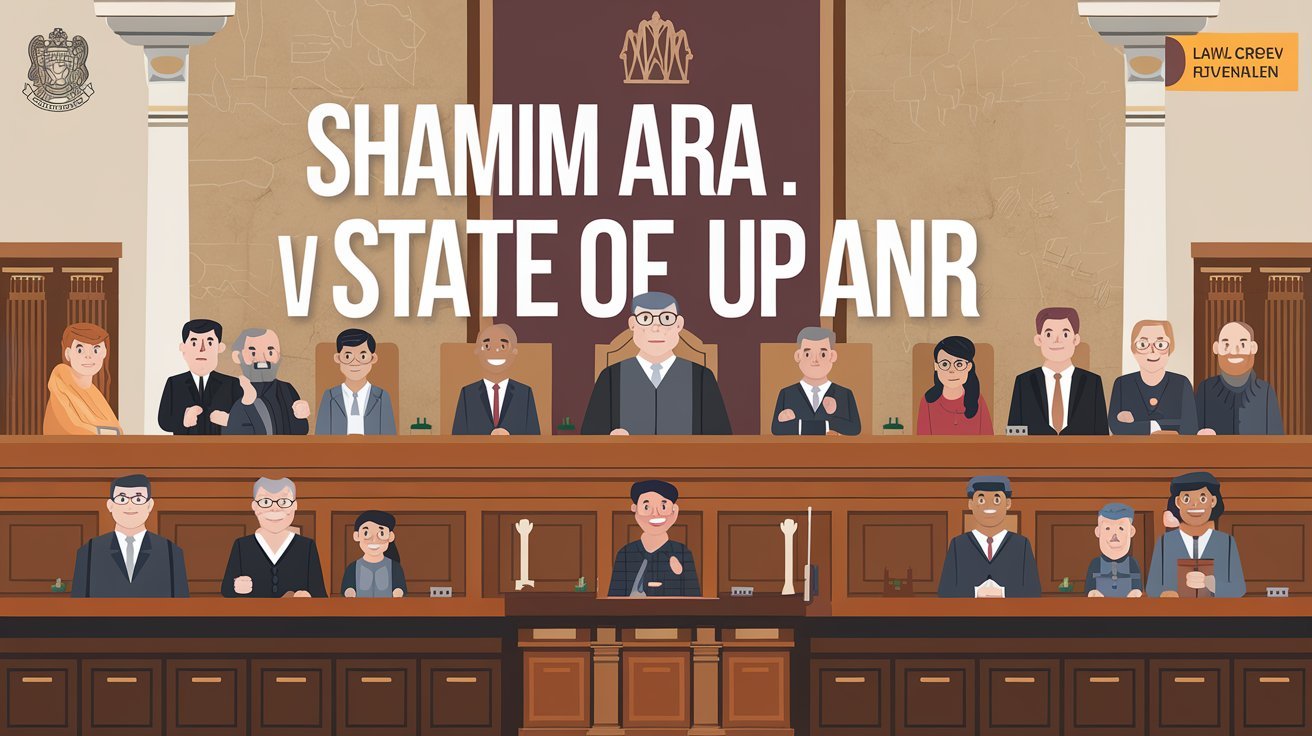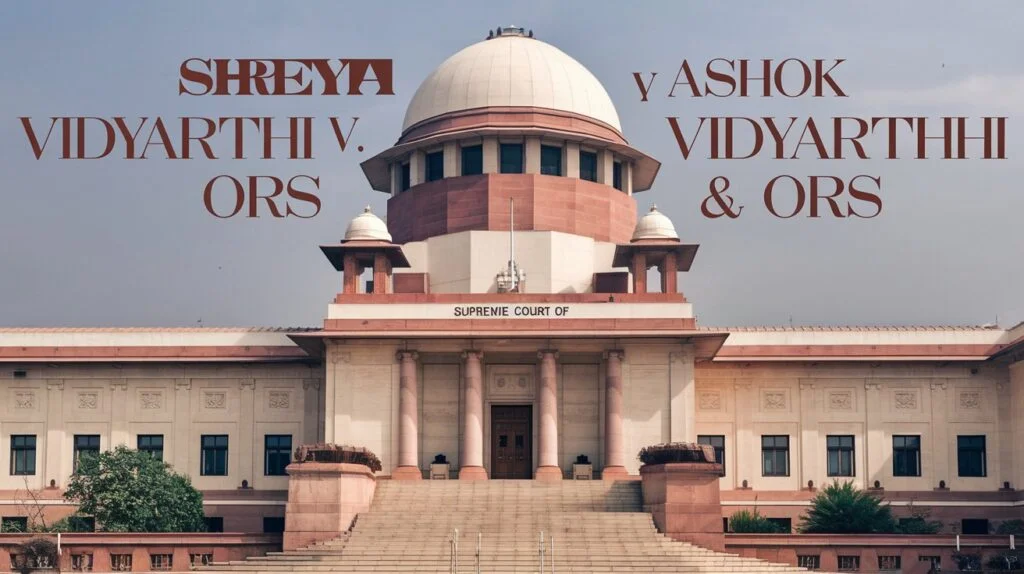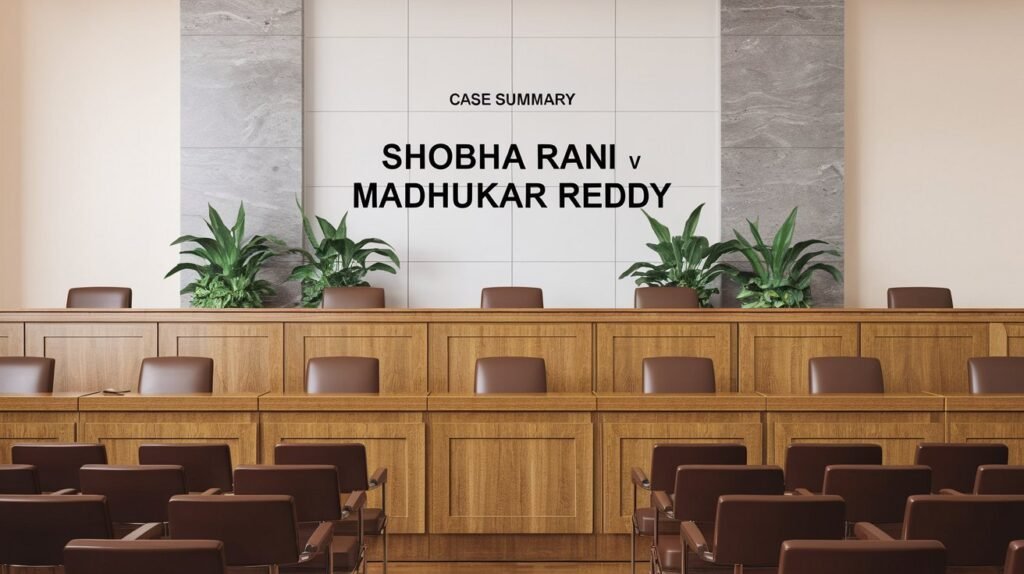Shamim Ara v State of UP and Anr. (2002) 7 SCC 518 (Case Summary)

In this judgment, the Supreme Court of India addressed the validity of triple talaq and clarified the requirements for a valid divorce under Muslim law. The Court emphasized that mere assertion of divorce without proper procedure and attempts at reconciliation is not sufficient to dissolve a marriage.
Table of Contents
ToggleFacts of Shamim Ara v State of UP
- Shamim Ara and Abrar Ahmad were married in 1968 and had four children.
- In 1979, Shamim Ara filed an application under Section 125 CrPC, seeking maintenance, citing desertion and cruelty.
- Abrar Ahmad claimed in his reply that he had already divorced Shamim Ara in 1987 through triple talaq and therefore was not liable to pay maintenance.
- The Family Court rejected her plea for maintenance based on Abrar’s claim of divorce, which was upheld by the High Court.
Issues framed
- Whether the alleged talaq (divorce) is valid under Muslim law?
- Whether a statement made in court or a written document claiming divorce without any prior communication can be considered a valid pronouncement of talaq?
Subordinate Court Judgment
The Family Court and the High Court upheld Abrar Ahmad’s claim of divorce, concluding that the divorce was valid and maintenance was not payable.
Judgment of Shamim Ara v State of UP
In the Supreme Court, the case primarily involved the interpretation of Muslim Personal Law and the procedure for divorce under the Muslim Women (Protection of Rights on Divorce) Act, 1986.
The Supreme Court ruled that Abrar Ahmad’s claim of talaq lacked validity as it was not pronounced in accordance with Islamic law. There was no evidence of oral pronouncement, written communication, or efforts at reconciliation. Simply stating that a divorce occurred earlier, without proof or adherence to procedure, is insufficient.
The Supreme Court held that Abrar Ahmad had not validly divorced Shamim Ara, as there was no proof of a proper pronouncement of talaq and no reconciliation efforts. It was noted that “a mere plea of previous talaq taken in the written statement, though unsubstantiated, cannot be accepted as proof of talaq” (para 15). The Court allowed Shamim Ara’s appeal, holding that she remained entitled to maintenance until a valid divorce is proven, and set aside the judgments of the lower courts.





